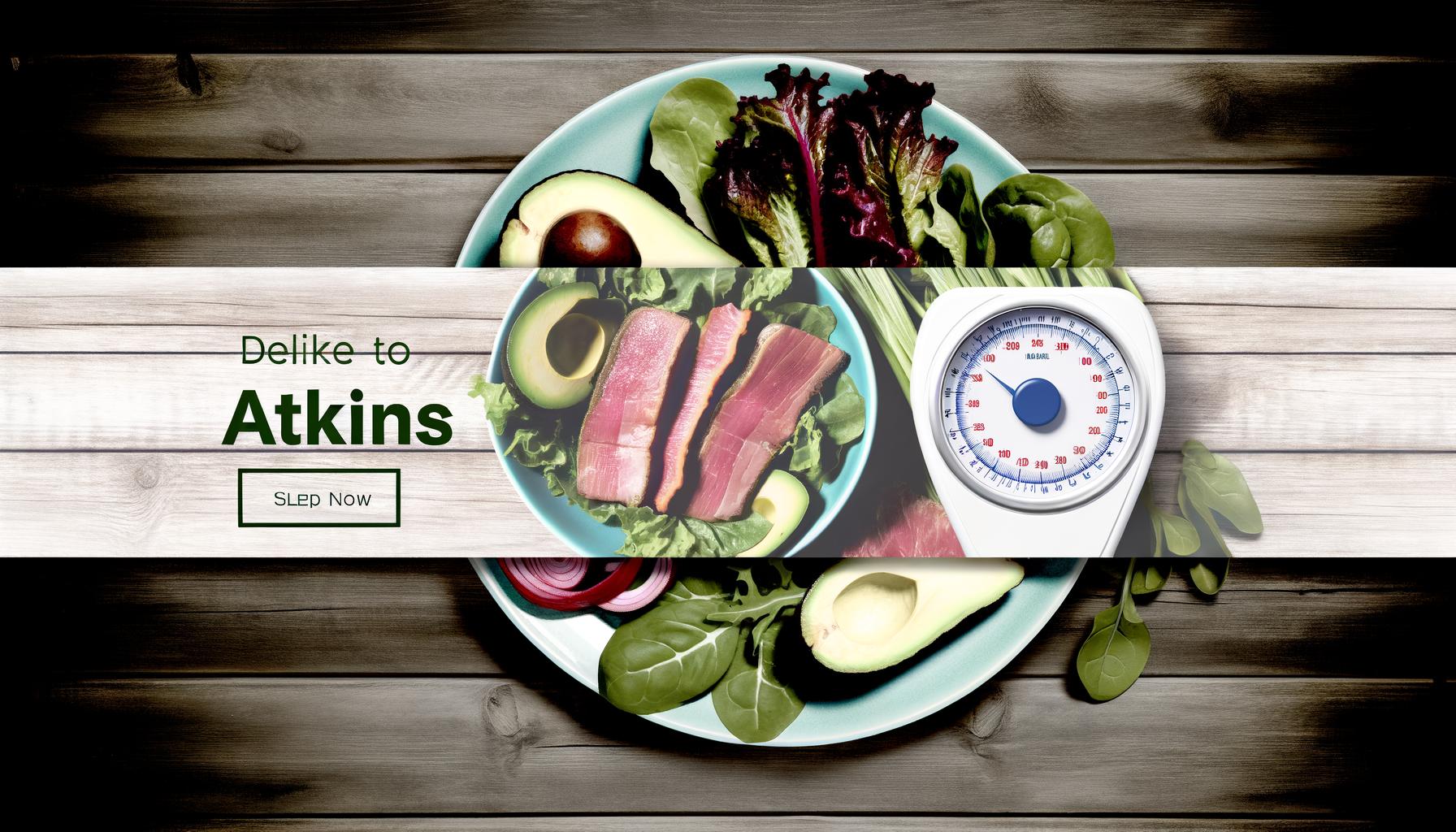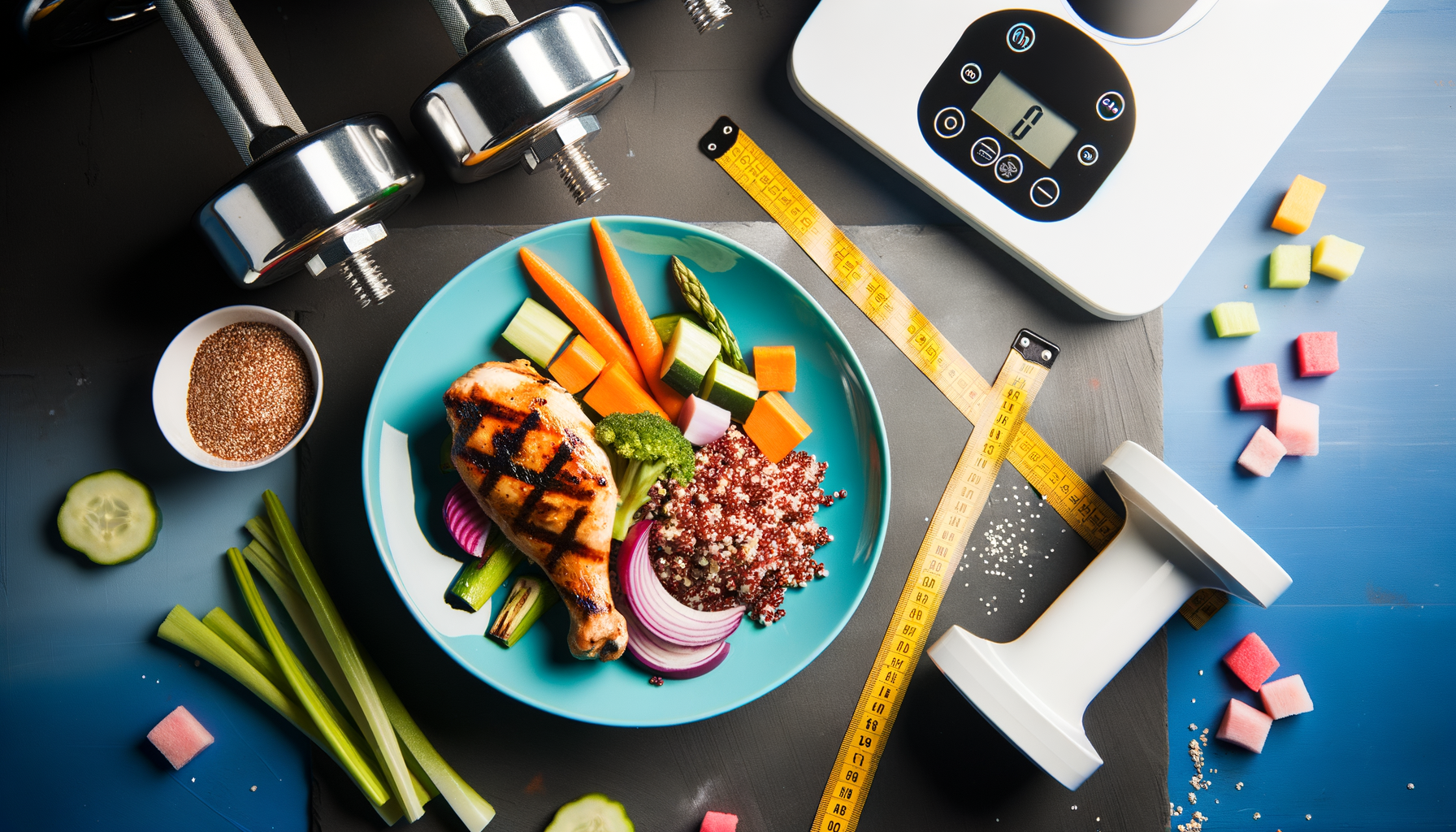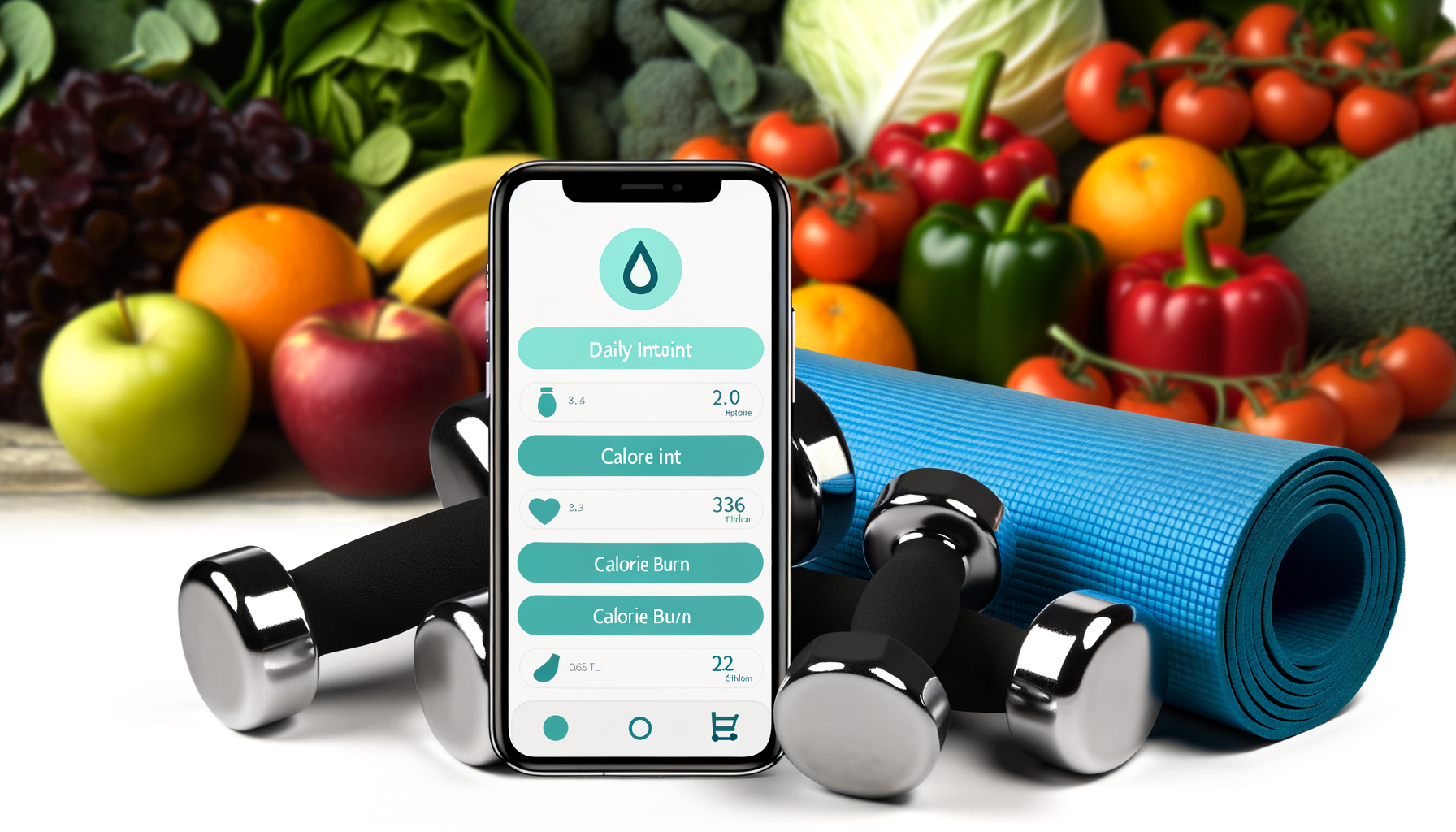The Art of Setting Realistic Calorie Goals for Weight Loss
Setting realistic calorie goals is a crucial step in any successful weight loss journey. It's about understanding your body's needs, creating a sustainable plan, and ensuring you're fueling it for optimal health and performance. This involves not just cutting calories, but also focusing on nutrient-dense foods, regular exercise, and behavioral modifications that support long-term success.
Understanding Calorie Needs for Weight Loss
To establish a solid foundation for weight loss, you need to know your baseline calorie needs. This can vary significantly based on factors such as age, gender, weight, height, and activity level. Tools like the Mayo Clinic's Calorie Calculator or the NASM Bodyweight Tool can help you estimate how many calories your body requires to maintain its current weight.
Generally, for weight loss, creating a calorie deficit is key. This means consuming fewer calories than your body burns. For most people, aiming for a daily calorie deficit of 500 to 1000 calories can lead to a weight loss of about 1 to 2 pounds per week, which is considered a safe and sustainable rate for long-term success.
Creating a Personalized Calorie Plan
Personalization is crucial when setting calorie goals. For instance, a highly active person needs more calories than someone with a sedentary lifestyle to maintain weight. The Body Weight Planner by NIDDK is a useful tool that allows you to create a personalized plan based on your lifestyle and goals.
When adjusting your calorie intake, consider not just the quantity of calories but also their quality. Foods rich in nutrients like proteins, healthy fats, and complex carbohydrates support better overall health and satisfaction, making it easier to stick to your plan. A protein-rich diet, for example, helps retain muscle mass during weight loss.
Strategies for Sustainable Weight Loss
Success in weight loss involves more than just calorie management; it's also about adopting healthy habits and making behavioral changes. Here are some strategies that have proven effective:
- Set Realistic Goals: Aim to lose 1 to 2 pounds per week. This slow and steady approach is more likely to result in lasting weight loss and better overall health.
- Combine Diet and Exercise: Regular exercise, especially when paired with a modest calorie deficit, offers the best results for weight loss. A mix of cardio and strength training can help maintain muscle mass while burning calories.
- Focus on Nutrient-Dense Foods: Choose whole foods like fruits, vegetables, whole grains, lean proteins, and healthy fats. These foods support better nutrient intake and can help maintain satiety and energy levels.
- Persist in Your Goals: Consistency is key. Regularly track your progress and adjust your calorie intake or exercise routine as needed to stay on track.
- Seek Professional Guidance: Working with a nutritionist or dietitian can provide personalized advice tailored to your specific needs, helping ensure sustainability and effectiveness in your weight loss journey.
Case Study: Implementing Realistic Calorie Goals
A common scenario is a client who wants to lose weight quickly without fully understanding their calorie needs. For instance, let's say someone weighs 180 pounds and wants to lose 10 pounds. Aiming for a 500-calorie deficit daily could lead to this goal being achieved in a few weeks, but sustainability is key. By focusing on nutrient-dense foods and regular exercise, not only can they achieve their weight loss goal but also maintain it over time.
Tools like the WP Calorie Calculator can be invaluable in this process. By integrating such tools into your website or health practice, you can help clients better understand their calorie needs and plan accordingly, enhancing their weight loss journey.
Building Healthy Habits for Long-Term Success
While setting realistic calorie goals is essential, equally important is creating a lifestyle that supports long-term health and weight management. This includes developing consistent exercise habits, managing stress, and focusing on overall well-being.
For long-term success, consider these additional strategies:
- Set Both Action and Outcome Goals: Define not just what you want to achieve but also how you plan to achieve it. For example, "I will walk for 30 minutes daily" is an action goal, while "I want to lose 10 pounds" is an outcome goal.
- Seek Support: Joining a weight loss community or working with a health coach can provide motivation and support throughout your journey.
- Stay Informed: Continuously educate yourself on healthy eating and exercise to ensure you're always making informed decisions about your health.
Navigating Challenges
Despite the best intentions, challenges will arise. Don't be discouraged by setbacks; instead, view them as opportunities to learn and adjust your approach. Use tools like WP Calorie Calculator Plans to find support in maintaining your calorie goals and staying on track with your weight loss journey.
Conclusion: Setting Realistic Expectations for Success
Weight loss, when approached with realistic calorie goals and sustainable lifestyle changes, can be both effective and lasting. By focusing on nutrient-dense foods, regular exercise, and personalized calorie planning, individuals can not only achieve their weight loss goals but also improve their overall health. Remember, success lies in making gradual, sustainable changes rather than opting for quick fixes that rarely yield lasting results.
For those looking to integrate calorie management tools into their health and fitness plans, consider the benefits of using the WP Calorie Calculator. This tool not only helps calculate your daily calorie needs but also provides insights on how to tailor your diet for optimal weight loss and health.
Embark on your journey with a combination of realistic expectations, actionable strategies, and the right tools for support. By doing so, you set yourself up for success in achieving and maintaining a healthier, happier you.











